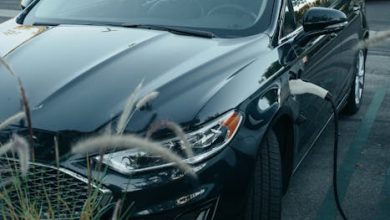

Apostle Femi Lazarus – How To Come Out Of Being Stuck Mp3 Download
The renown Man of God Apostle Femi Lazarus has unleashed a wonderful message titled “How to come out of being Stuck” . You can download the Mp3 version of the message by clicking on the download link below.
Listen and download Message below
Download:Apostle Femi Lazarus – How To Come Out Of Being Stuck
Watch full video



